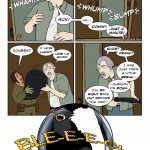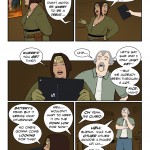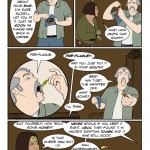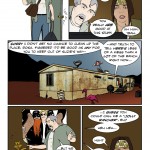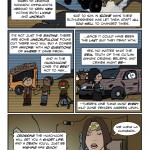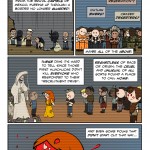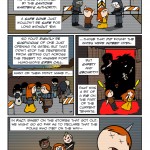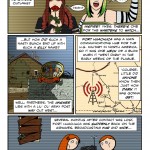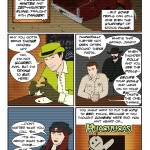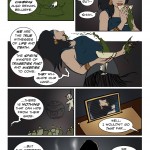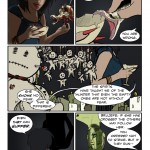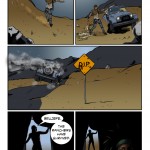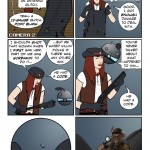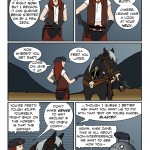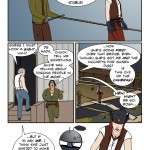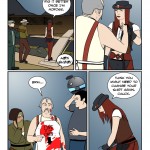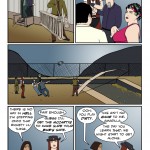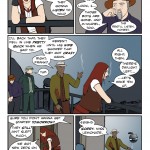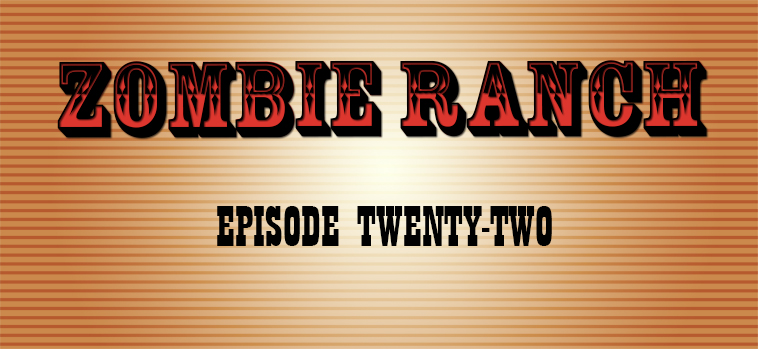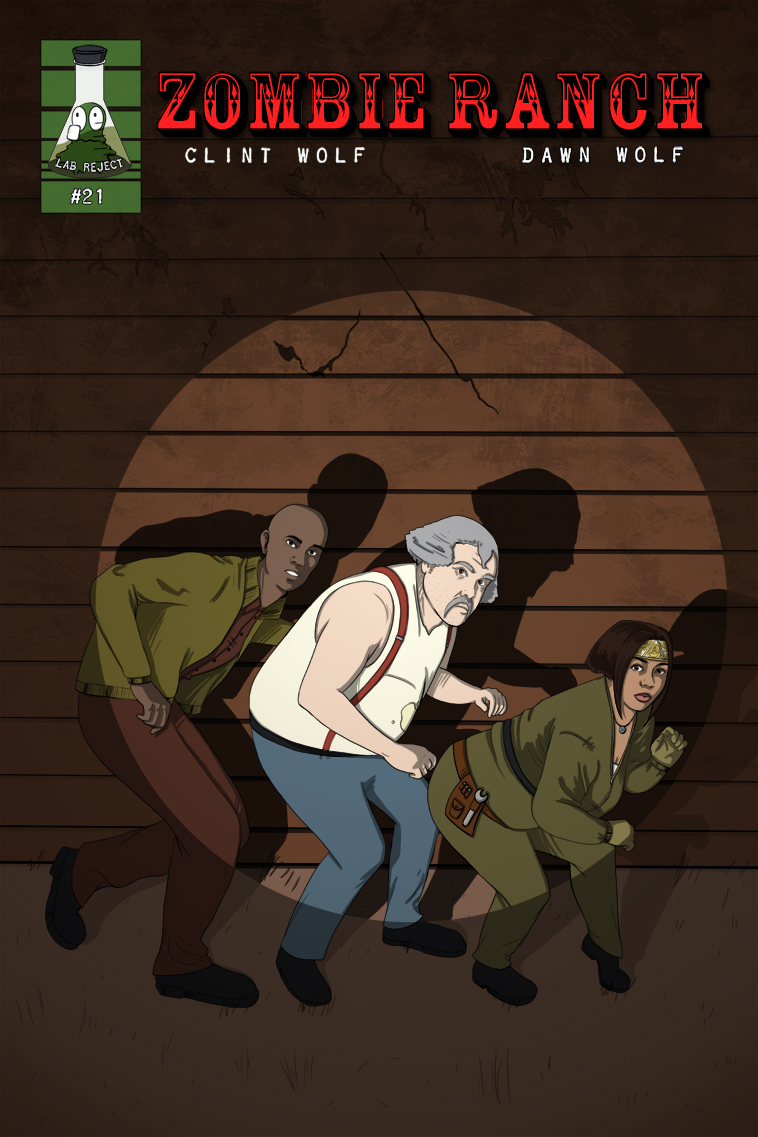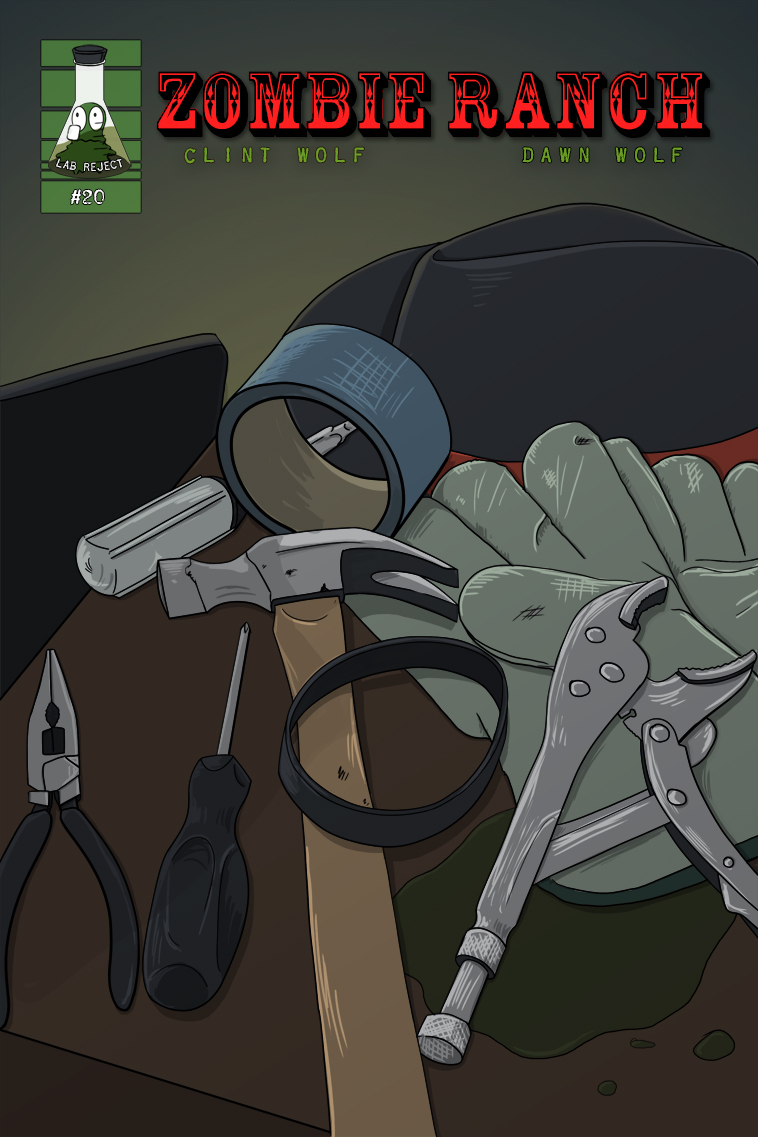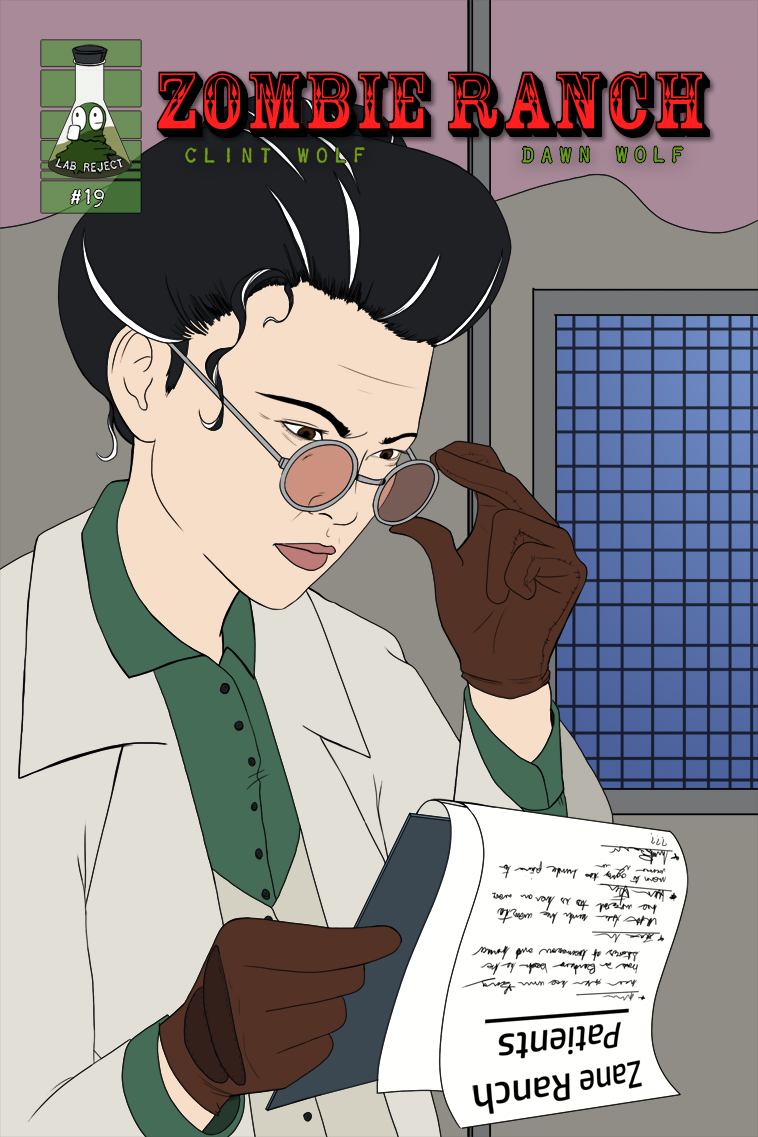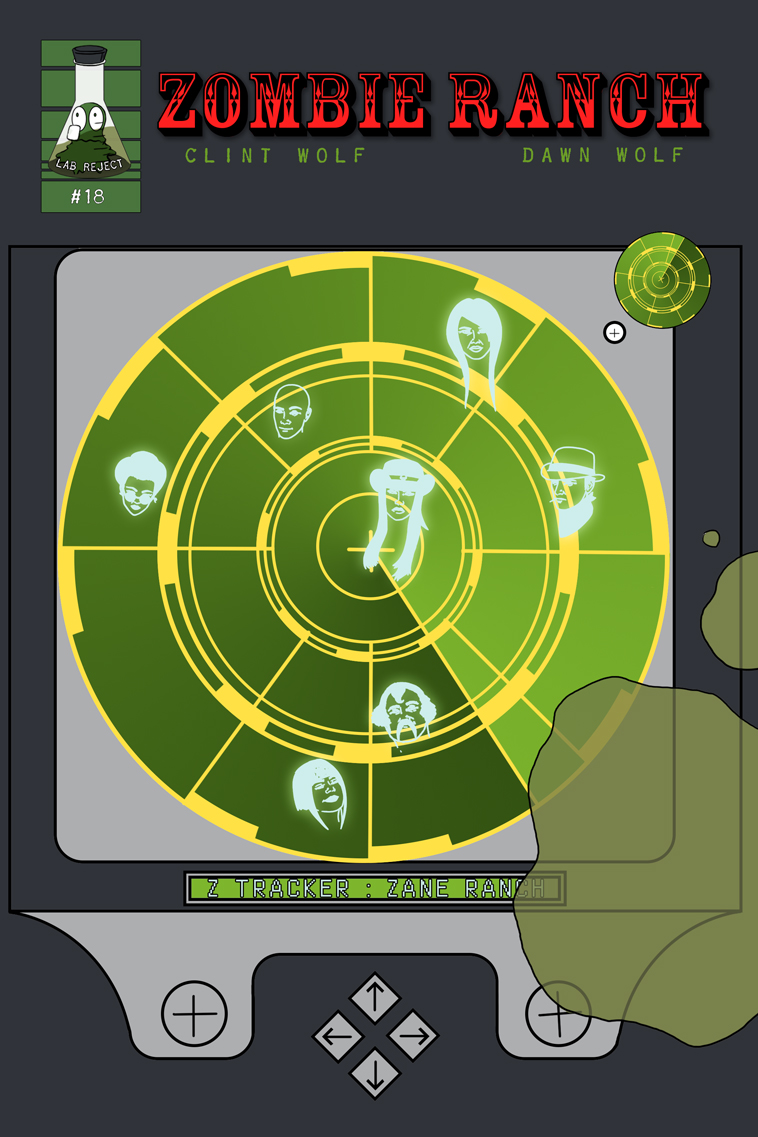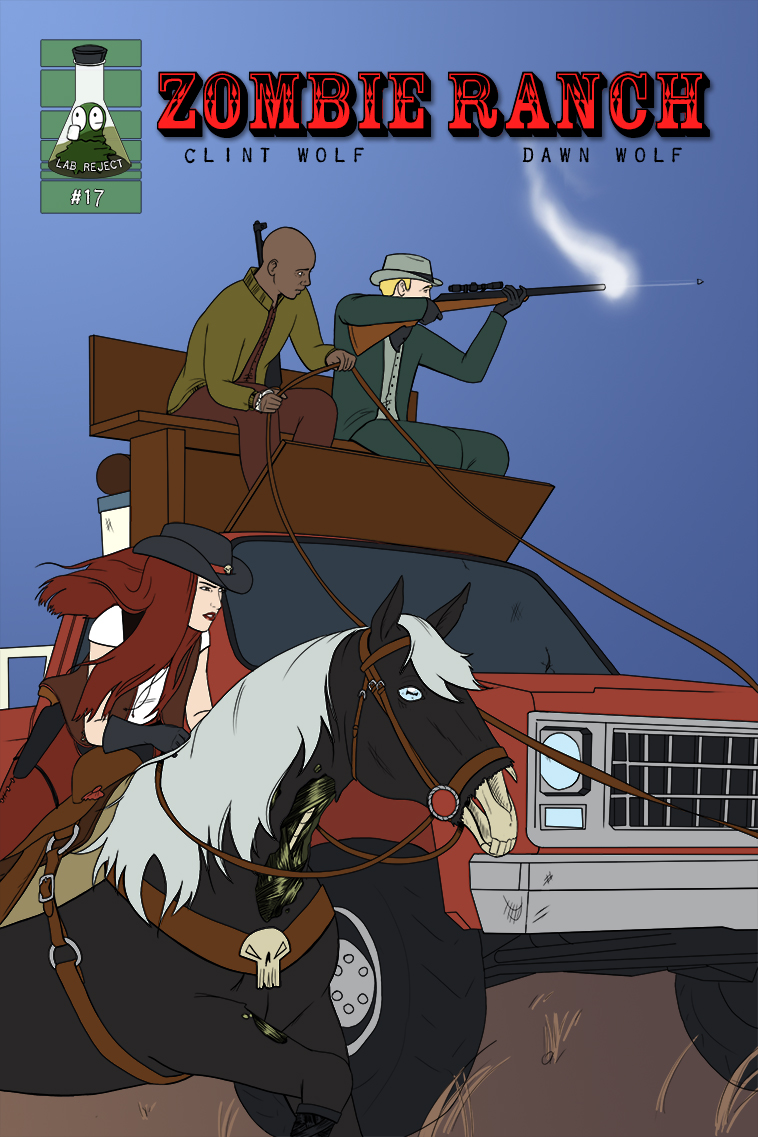By the time next week’s posting goes live, Zombie Ranch will have reached its 3rd anniversary. I reckon I’ll talk more on that once the occasion has arrived, but it does remind me that we have produced quite a few comic pages, and I’ve written quite a few of these blogs to accompany them. I ponder sometimes how much I might actually be repeating myself, since Dawn (rightly) accuses me of having a horrible memory in a lot of cases. I’ll make some comment on some commercial I find interesting, and she’ll pointedly inform me I made the exact same comment on the exact same commercial a month beforehand.
So you must accept my profound apologies if you find me making observations here that I have already made in the past. I make a concerted effort to keep the story of the comic straight, but the blog is much more of a freeform exercise, sometimes with a topic that invaded my thoughts on the very same night I compose it. The thoughts tonight are those of influence, conscious or unconscious, on a person’s writing style.
One of the bits I can’t quite recollect is if I’ve already mentioned my creative writing frustrations in my college days. Well, if I have, consider this a recap. I majored in Theater in college, and something I consider a grave mistake was letting the other people in the (non-theater) creative writing class I took part in know that. I’m pretty sure it was the teacher who had us go around the room and tell our peers about ourselves, but whatever the case, for the next few months I received no critique which did not disparagingly hinge around a dozen different variations on “this reads too much like a play”. When pressed for what the hell that meant, exactly, it seemed I was leaving far too much to the imagination, and that was abhorrent to the art of prose. On a stage we might get to see your collaborators in acting and design fill in all your missing details, but in prose, good sir, you must provide everything for us or we shall be lost.
Hemingway might have had a rebuttal at this point, but, I was young, and the wind was against me, and so I did my best to conform my writing to what the instructor and my peers seemed to want, forcing out what was to me excruciatingly overblown amounts of description and exposition… but no matter what I did, it was never enough. They would look, and “tsk”, and once again tell me that it seemed I’d be better off writing for the theater. But that wasn’t the most frustrating part; the most frustrating was that because my drama background seemed to be the beginning and end of the conversation, then insofar as I remember I had only one critique from that all that time that looked beyond that and gave me something worth a damn in terms of improving my skills.
Now of course, all writers are people, and people convey both fact and fiction from their own viewpoints. To be a writer without a “voice” is to be a non-entity, someone whose output is as entertaining as a set of electronics instructions. To be a writer with a voice, it seems only logical to consider that the voice is going to have the experiences and prejudices of a unique life experience behind it. We are all drunk upon our own lives, carrying with us those joys and pains and ups and downs, a lot of which may be the fuel driving us to tell stories in the first place.
But do they really color everything? I read Ender’s Game and don’t really see a bunch of pro-Mormon propaganda in it, but there are a lot of people who seem to honestly believe that because Orson Scott Card happens to be a Mormon, everything he writes is nothing more than a thinly veiled religious treatise, and anyone who can’t see that is being willfully blind.
How many people would have come up with that if they didn’t know (or think they know) the man (or woman) behind the tale? How many people would have critiqued my stories as being too much like stage plays if they had no idea what my main focus of study was?
You won’t find me claiming writers aren’t under the influence of their lives, but given these kinds of responses, it’s little wonder why some resort to pen names, especially when they happen to be stepping outside their comfort zone—or more accurately, the zone their audience might be comfortable with. It may be the only way for them to get an honest critique at the public’s hands.


